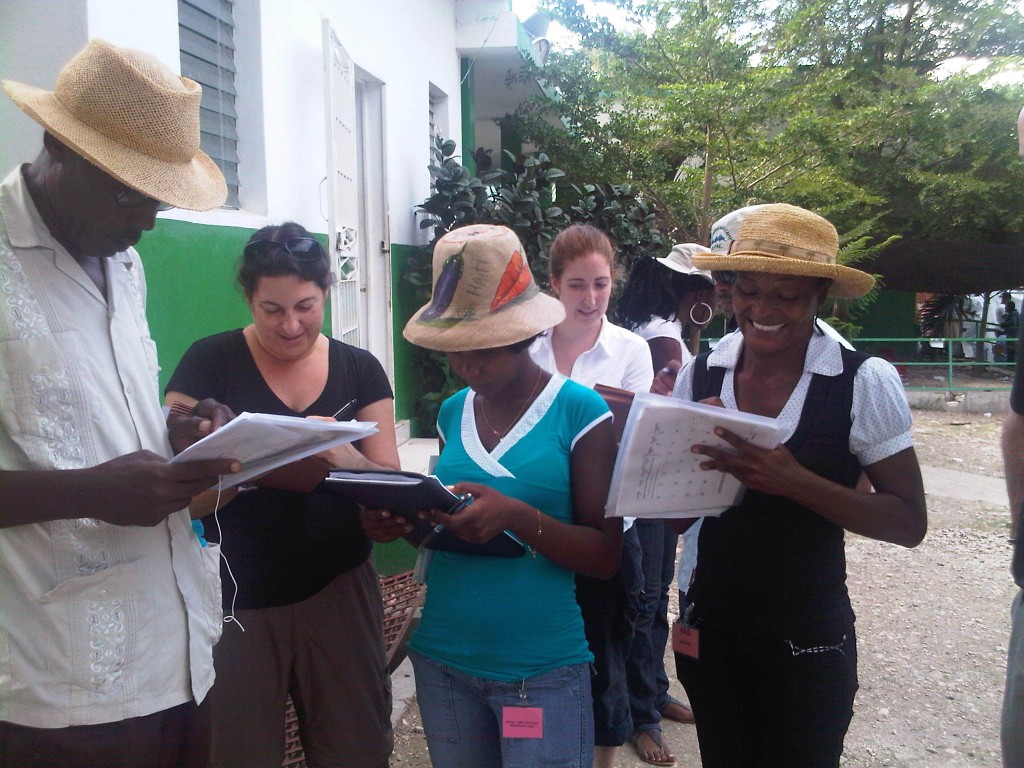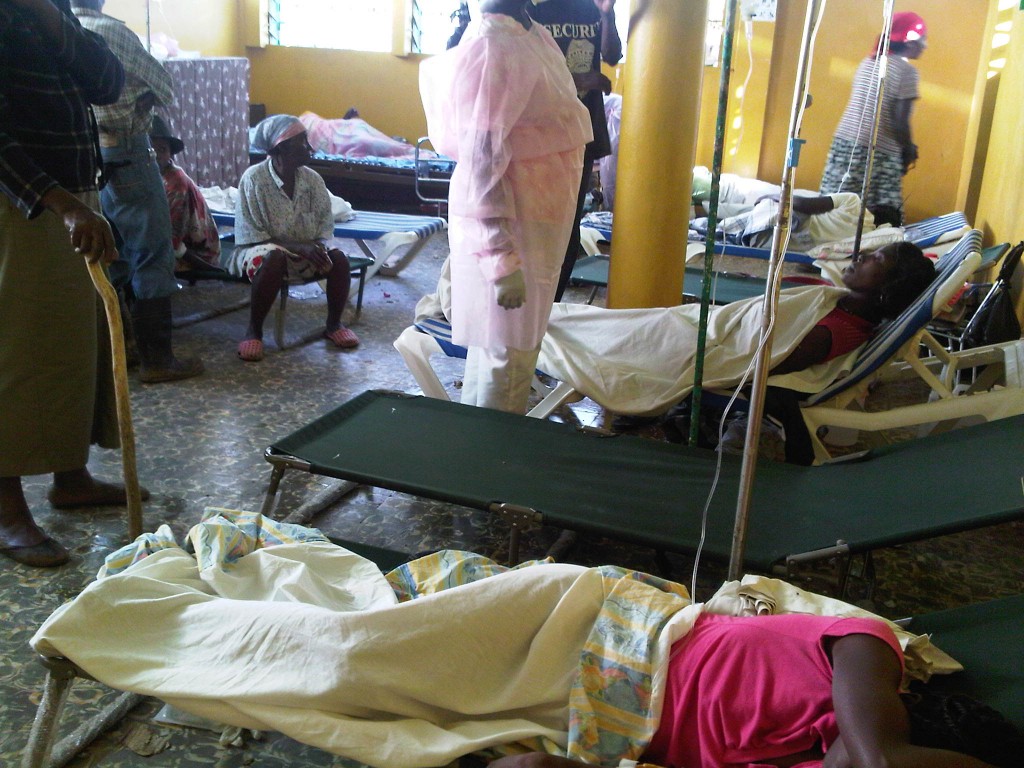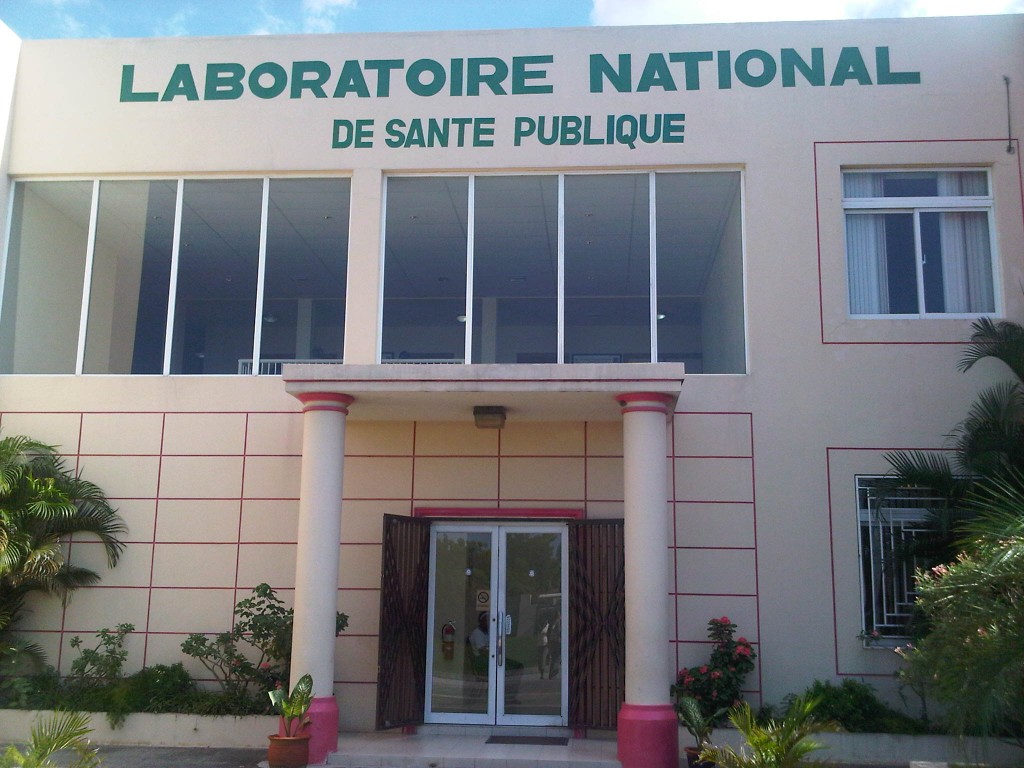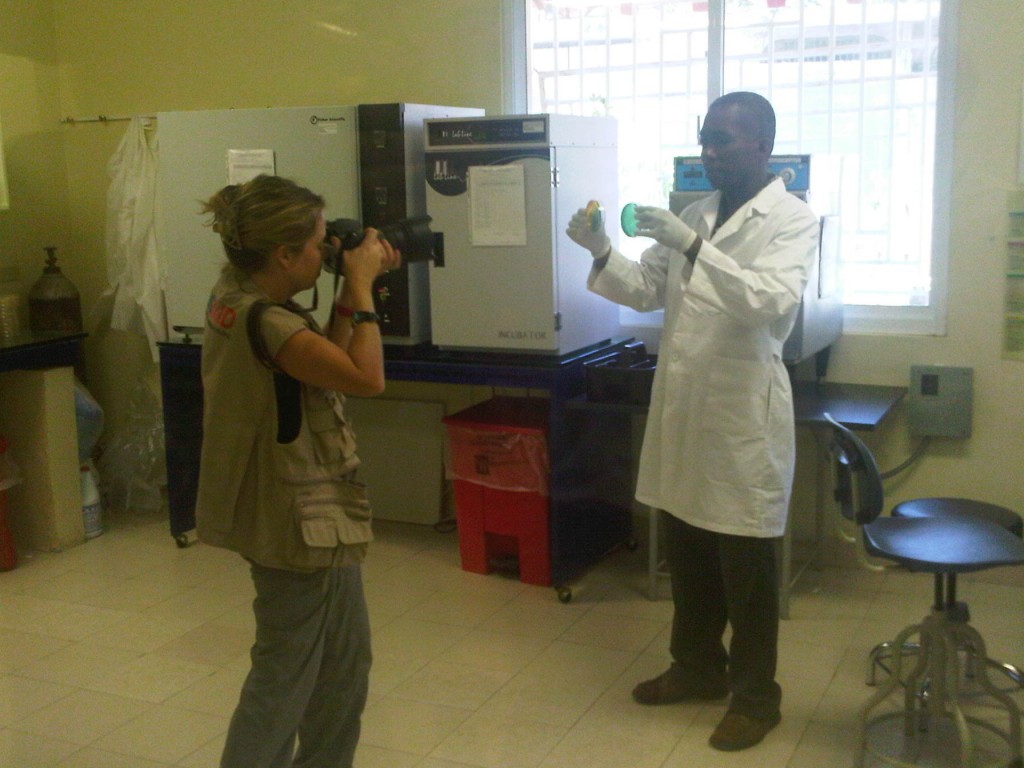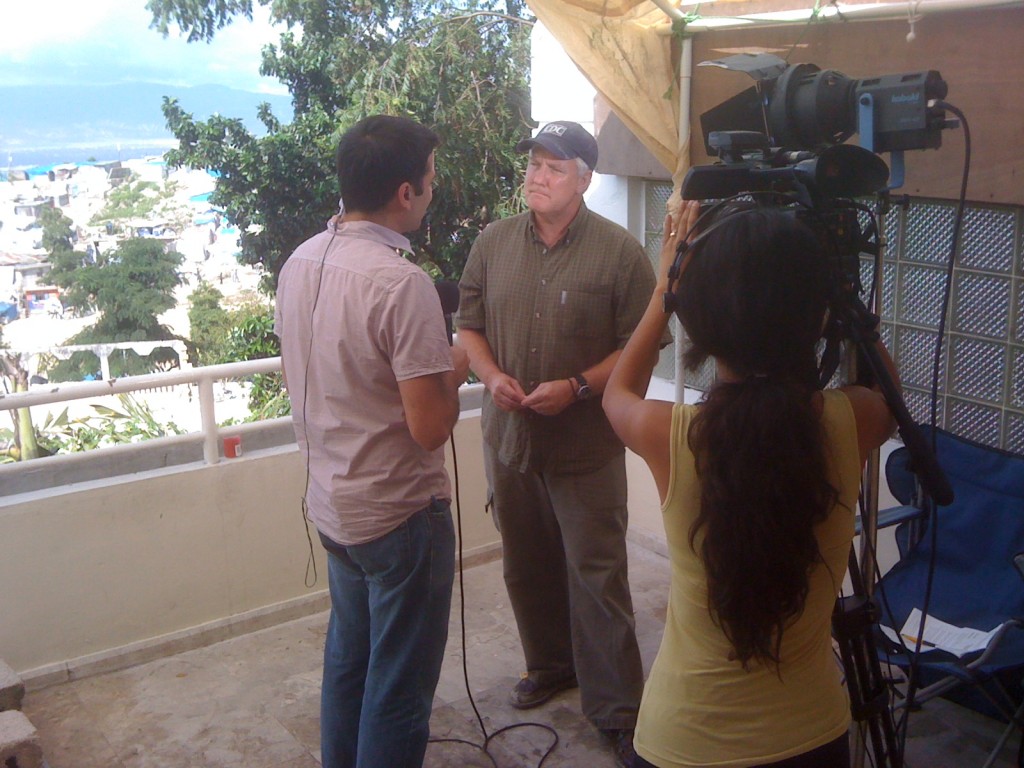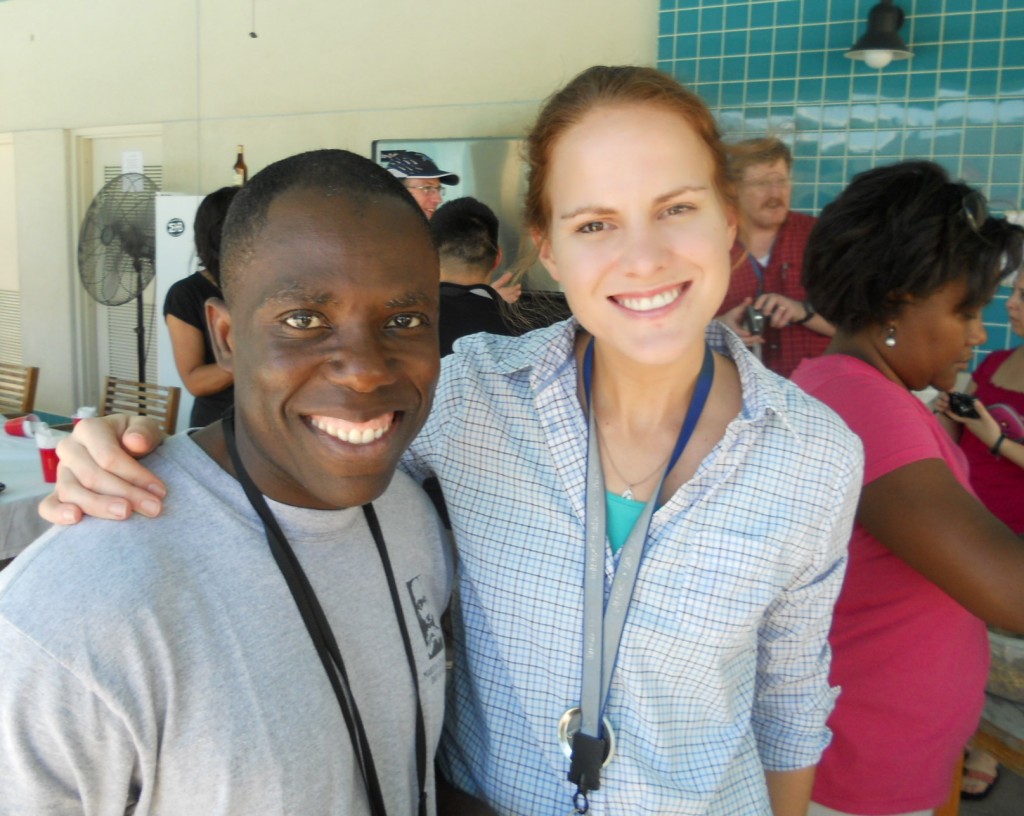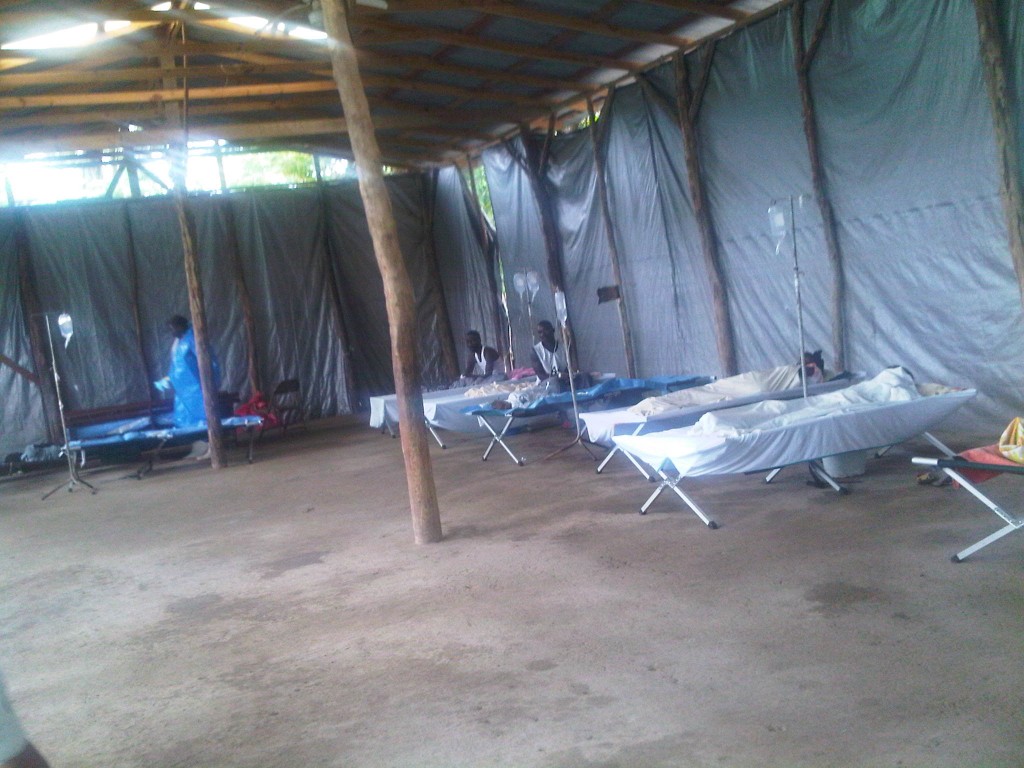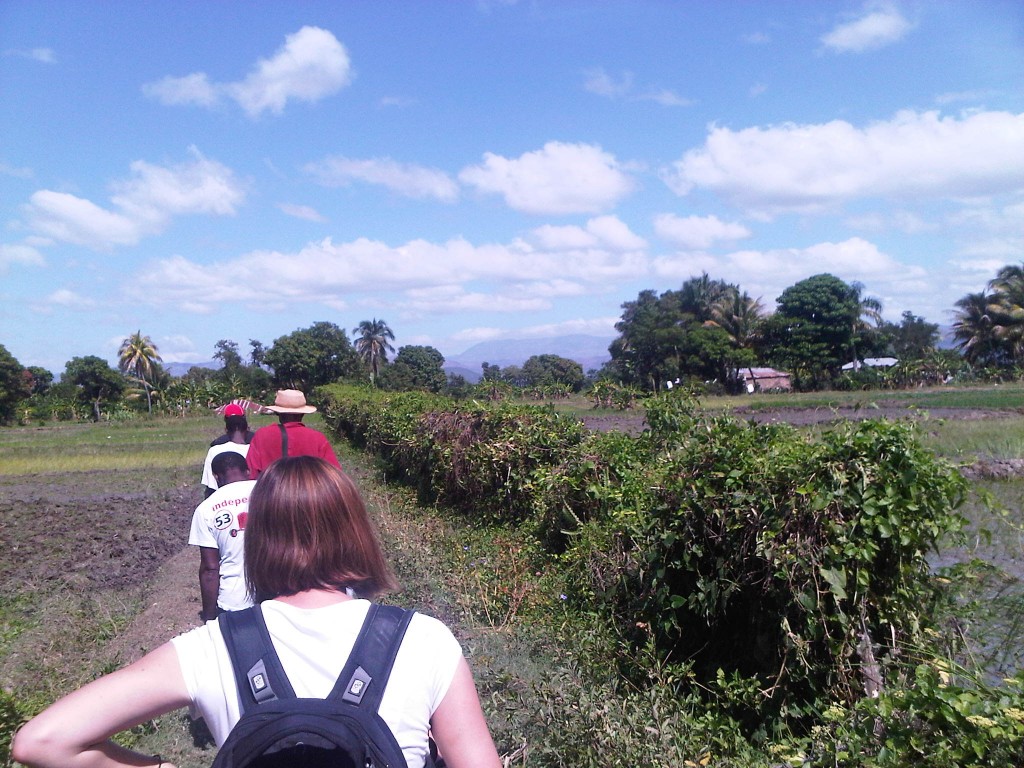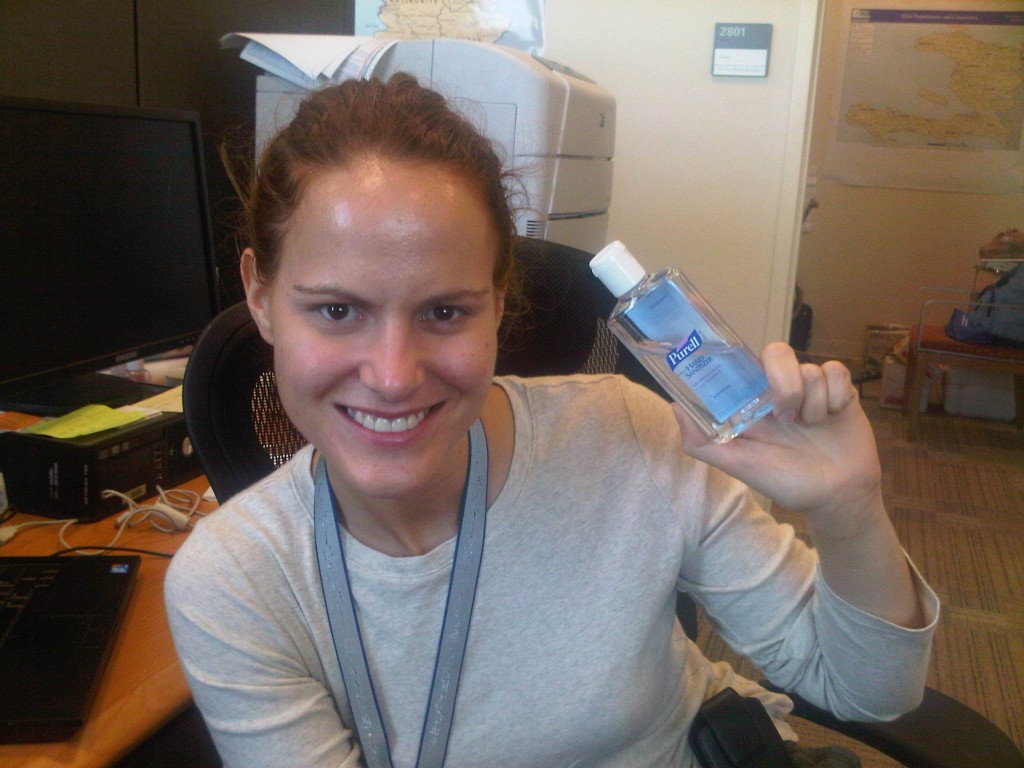Haiti Cholera Response: Stories from the Field, Part 1
Posted on by
“Cholera has an interesting personality.” That’s what I told my friends when they asked why I was going to Haiti to help with CDC’s cholera outbreak response. Understandably, they were worried I might get sick. Like my friends, most people don’t know much about cholera, so they assume it’s a big, bad bug. And it is. But as I explained to my friends, although cholera is very contagious, you can take some simple steps to prevent it. [View our Photo Gallery]
On the Ground in Haiti
As a CDC Public Health Prevention Service (PHPS) fellow, I was deployed to Haiti as part of the Cholera Assessments and Training Team from November 10th to December 4th. I was not surprised to arrive in Port-au-Prince and find an army of public health messaging and messengers already on the ground spreading the same messages to Haitians I was told while preparing for the trip.
Cholera is a bacterial infection that causes two usually minor symptoms easy to identify: vomiting and diarrhea. It occasionally causes symptoms severe enough to lead to moderate or severe dehydration—a very serious condition if the patient is not rehydrated immediately. Almost all symptoms can be treated with oral rehydration with a salt and sugar solution.
Wrong Place, Wrong Time

Cholera is easily controlled in most settings. But Haiti isn’t one of them. Because of the poor water and sanitation problems left behind from the January quake, Haiti provides an ideal circumstance for cholera to spread.
Water systems were damaged in the quake and are no longer able to consistently deliver clean water. To make matters worse, rain has increased water levels in rivers and left standing water. This creates an ideal breeding ground for mosquitoes and other diseases associated with water: dengue fever, malaria and typhoid.
Currently, hundreds of thousands of Haitians are still displaced and living in tents and slums with poor or no sanitation systems. But the tens of thousands of cases and many deaths from cholera in Haiti have certainly gotten the world’s attention. The outbreak provides a great opportunity to remind everyone about the importance of clean water and the severe consequences of going without it.
Perhaps there is a shining light at the end of this epidemic. An increased awareness and investment in clean water can go a long way in public health.
Experience of a Lifetime

For me, Haiti was an experience of a lifetime. At first it was unmanageably hard. Working 12 plus hours every day was tough, and at the beginning I was not sure I could do it. It’s a personal and professional gauntlet that requires you to muster up what you’ve learned from every class, every case study, and all of those teachable moments to date.
Somewhere in the process, the fact that the tents are hot and the mosquitoes are incessant drifts into the background. It is so hard but in the best way imaginable because in Haiti there is real impact to really big problems. There is little room for error and even less time to chat. There are just people who need help, right now. For me, it was all about being able to execute.
Back Home, For Now
I’m now back home, exhausted, and my body has taken a licking. But I’m a better person than I was before I went. I met people in Haiti who continue to inspire me and have more gumption than I have ever encountered. It was an amazing experience and I wanted to give others a sense of what it was like by posting this blog. Truthfully, all I want to do is hop on a plane and go back. I look forward to reading your comments or answering any questions.
Learn more about Cholera in Haiti.
CDC responds to cholera outbreaks across the world using its Global Water, Sanitation, & Hygiene (WASH) expertise.
Photo Gallery
Posted on by



